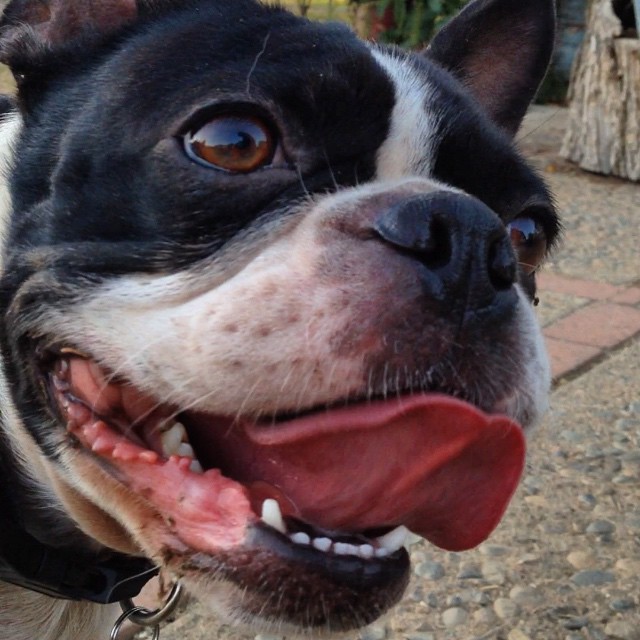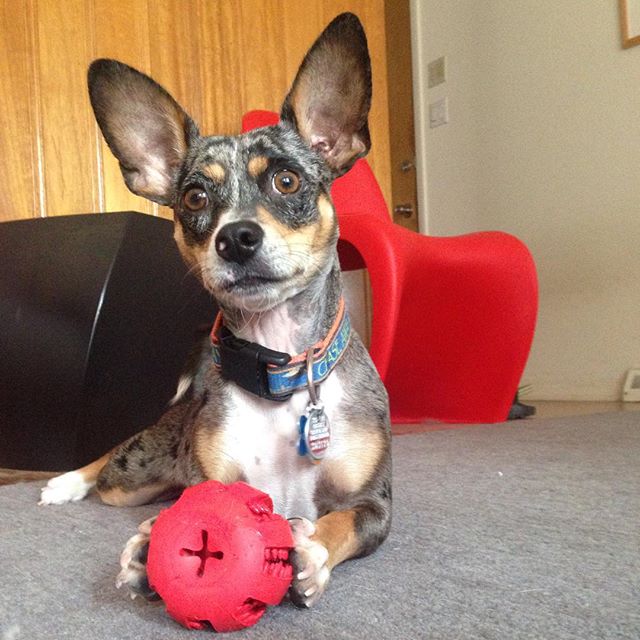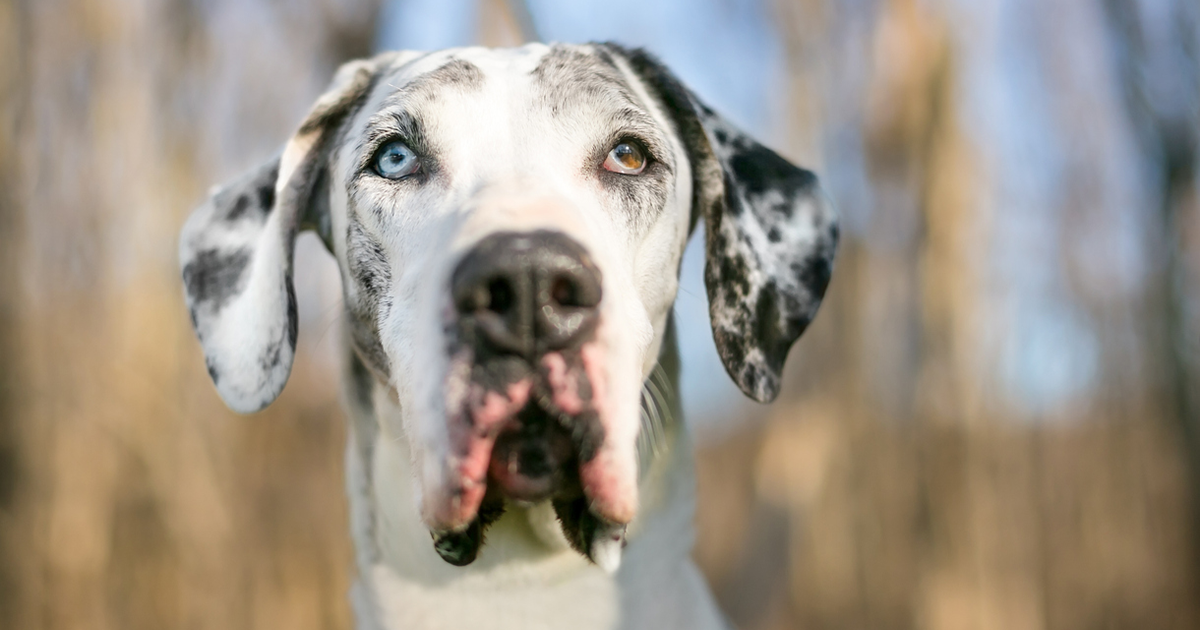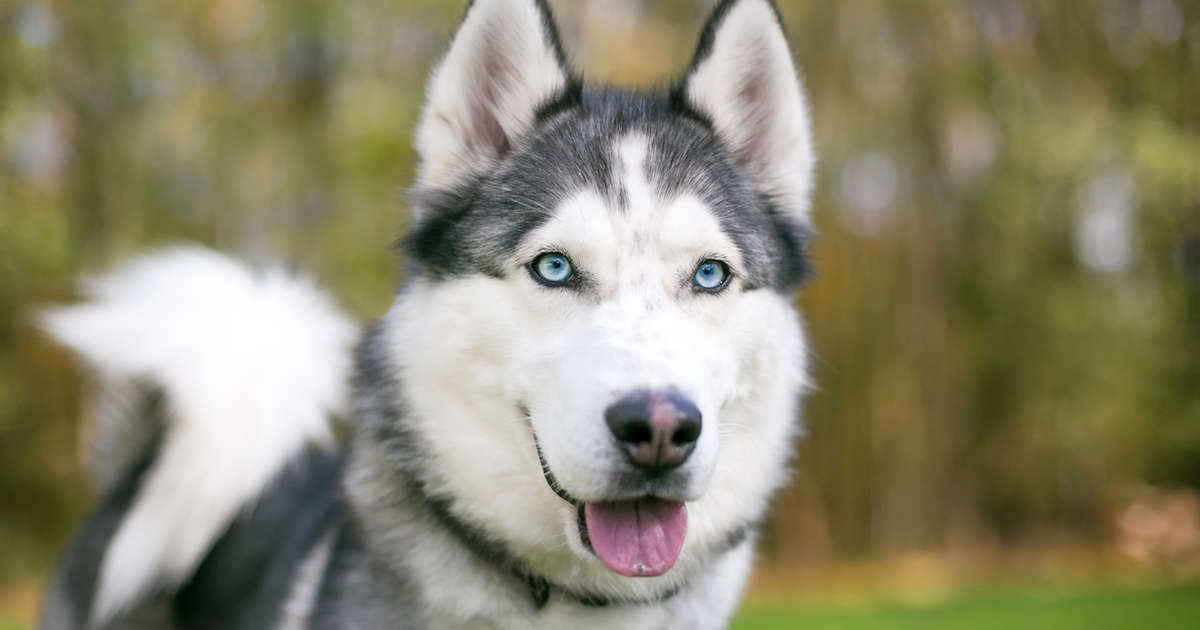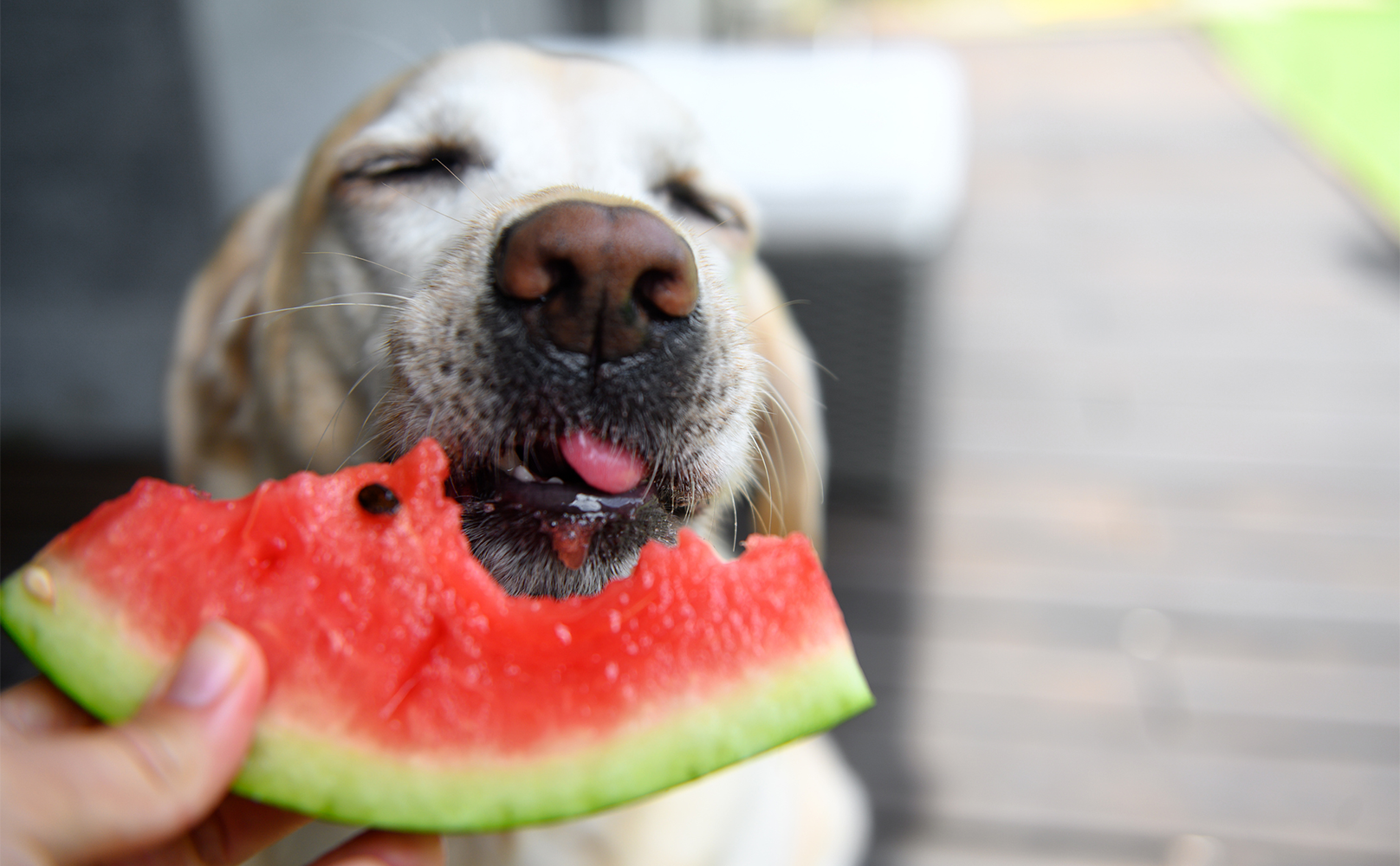This post is paw-wered by our pals over at Royal Canin who want to spread the word about how you can find just the right food to fit for your pup’s breed needs! The views expressed herein are the views of the author and not Royal Canin. Make sure to consult your veterinarian about any changes to your dogs’ diet or other health issues. Check out how Royal Canin works with vets, pet professionals, and pet owners themselves to formulate a pet food for your small breed canine’s unique needs!
There are innumerable reasons why being able to call a small dog your best friend is so unbelievably fantastic. They’re great for travel, don’t take up much room in the bed, and fit against on top of your body during snuggle time as perfectly as a jigsaw puzzle piece. This is coming from a human who was once owned by a Miniature Dachshund.
After raising dogs for almost my entire life, I can say with certainty that I wish I’d known what I know now about the little guys’ health. When it comes to basic care, truly, the only thing that matters is how confident we are in what we put in their bodies, and that their diets support their unique breed needs.
In the interest of keeping our best friends in their best shape, here are a few health issues more commonly seen in smaller breeds.
1. Sensitive Tummies
Your little Frenchie may have a stomach of steel—I mean, this guy can inhale probably a bag of treats and the occasional unidentifiable something in the park, and suffer no more than a burp—but most pups don’t have that luxury.
Dogs with sensitive stomachs may not be able to tolerate frequent changes in food, and function much better on a simple, uncomplicated diet. If you share your home with a dog that can clear a room with his gas, sometimes has soft stools, or even vomits on occasion after a diet change or (gasp!) table scraps, you might look to a kibble scientifically formulated to support digestive health in your pup.
2. Dental Problems
While many pup parents complain of stinky dog breath, sometimes it takes more than breath mints to solve the problem. When plaque builds up along the gum line in the early stages of dental disease, it hardens very quickly to form tartar and becomes significantly easier for plaque to build. Eventually, bacteria thrives—this is the culprit for that awful odor.
According to the American Veterinary Dental College, most dogs have some evidence of dental disease by age three. Unless you brush your pup’s little teefs every day, you’re bound to see some indication of plaque buildup. The good news is that things like dental chews and toys help. Specifically-developed dental diets that can control plaque and tartar with kibbles designed to promote chewing also help!
Especially since some breeds—like the Dachshund—are particularly predisposed due to their small, overcrowded teeth, providing a dog food created for specific concerns is essential. (And seriously, brushing is always a great idea).
3. Low Blood Sugar
Small dogs are at higher risk for low blood sugar levels than large breeds, mostly because they tend to expend more energy than they are able to take in with food. I like to think of it in comparison to hummingbirds: hypothetically, if humans burned as many calories as a hummingbird does daily, they would need to consume 77 times the normal amount of food per day to survive. I realize this is an exaggeration, but tiny dogs burn energy quickly in much the same fashion.
Too much exercise, not being able to eat often enough, and a lack of protein can all cause a dog’s blood sugar levels to dip too low. In serious cases these hypoglycemic episodes can make a pup quite sick and require immediate vet attention. To help them manage their sugar intake, it’s a good idea to choose a nutritionally appropriate food and give your pup kibble tailored to their size, breed, and age. Always ask your vet if you have any questions about your pup’s health.
4. Ear Infections
If you’ve ever watched your dog constantly shake their head, paw at their ears, or notice a foul odor, redness, or swelling in the area, it’s likely due to some sort of ear infection or irritation. These symptoms can be the result of environmental allergies to things like pollen in the grass and air, dust mites, or food-related allergies. If you’ve been in a position where your dog’s ear troubles seem to resurface almost immediately after they’ve resolved, consult your vet. He/she may suggest a different diet.
In some foods, high amounts of natural sugars will “feed” the yeast and bacteria that cause itchy ears, so a proper diet is essential to avoid chronic infections. Long-eared pups like some Beagles and Cocker Spaniels are especially predisposed because of the increased darkness and moisture in the ear canal. This moist, warm environment is prime bacteria-growing territory.
Similarly, be very careful when cleaning the ears; do not use Q-tips as they may push debris deeper into the ear and could rupture the ear drum. Instead, use a cotton ball or pad to gently wipe the outer ear or in combination with a liquid ear cleaning solution.
5. Fragile Bones & Joints
Smaller dogs’ bones and joints are not built to accommodate increased weight. This subjects them to issues like patellar luxation—when the knee joint dislocates, causing pain and limping—and makes it easier to fracture or break bones.
Weak bones and loose joints are sometimes the result of congenital or genetic conditions, or something as avoidable as a poor diet. For the pup that you brought into your home and devoted yourself to loving, snuggling, and caring for for the rest of his life, the most basic and generous thing you can do is go above and beyond choosing what goes into her body.
And for the humans that love their dogs like family, considering their individual needs extends beyond their personality. Your best friend deserves a food that’s best for him/her.
For food that is specifically formulated for your pup’s unique needs, check out Royal Canin, and for a limited time download their coupon to save on any purchase of Royal Canin® Breed Health Nutrition® diets.




